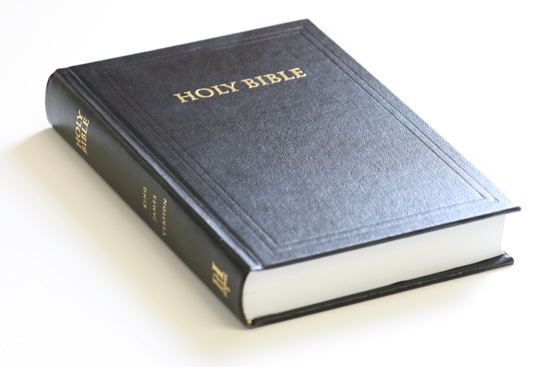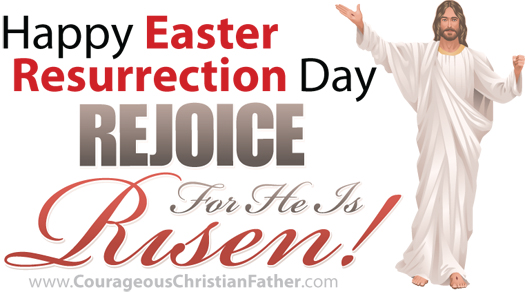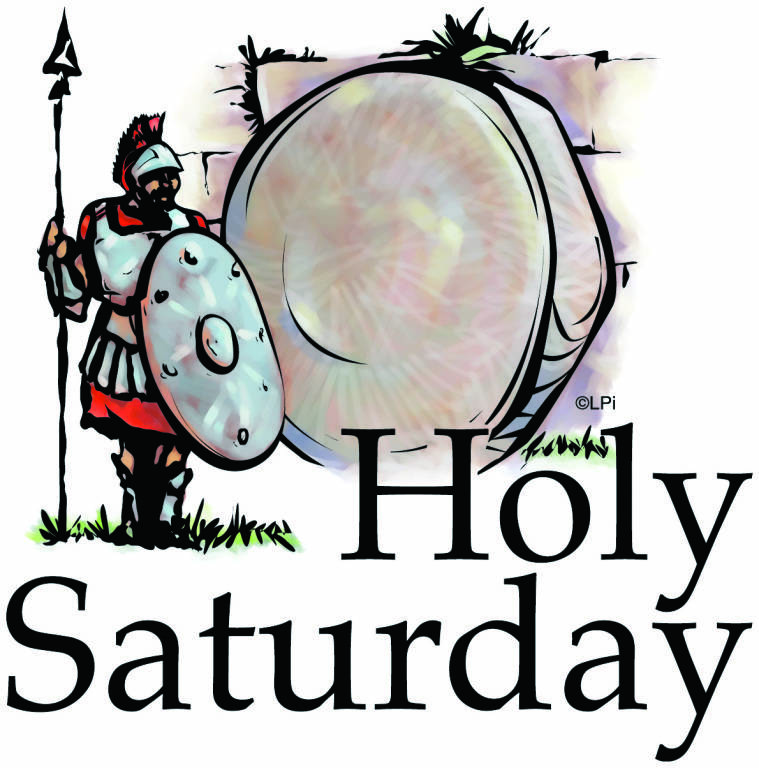American Bible Society to show a Six-Year Research Study Presents Complex Picture of State of Bible in U.S. American Bible Society Seizes Opportunity to Increase Bible Engagement. You may want to check out these stats in this study.
Six-Year Research Study Presents Complex Picture of the Bible in U.S.
To commemorate American Bible Society’s 200th anniversary, the organization unveiled The Bible in America, a joint effort with Barna Group providing an in-depth review of its six years of research on behaviors and beliefs about the Bible from American Bible Society’s annual State of the Bible report. While many Americans still value the Bible, the number of skeptics is rising. The current reality is viewed by American Bible Society as an opportunity to develop new strategies for helping people overcome barriers to engagement with the Bible.

“As American Bible Society celebrates its 200th anniversary, we are spending much more time looking ahead than revisiting the past,” said Andrew Hood, director of communications for American Bible Society. “The Bible in America research provides valuable insights into how people are interacting with the Bible—and why they are not.”
Desire to Read More
Over the past six years, a majority of Americans, an average of 62 percent, have expressed a desire to read the Bible more. The Bible in America points to several other positive trends that showcase Americans’ high regard for the Bible:
- A two-thirds majority of adults believe the Bible contains everything a person needs to know in order to live a meaningful life.
- Two-thirds of adults hold an orthodox view of the Bible, believing it is the actual or inspired Word of God.
- Forty-four percent of Americans read the Bible at least once a month.
- On average, eight out of 10 Americans consider the Bible to be sacred literature or a holy book.
- Most Americans, 64 percent, believe the Bible has more influence on humanity than any other text according to the 2016 State of the Bible data.
Increase in Bible Skeptics
In contrast to trends about the Bible’s value, the number of Bible skeptics1 has increased to 22 percent in 2016, surpassing the number of Bible engaged2 people (now at 17 percent). Two key markers reveal how skepticism has risen and gained a stronger cultural foothold in America. These include declines in the following:
- American adults who believe the Bible is sacred literature (86 percent in 2011; 80 percent in 2016)
- Those who say the Bible is sufficient as a guide for meaningful living (77 percent in 2011; 67 percent in 2016)
Millennials
Millennials3 in particular are driving these declines as the age group with the most respondents saying there were no books they considered sacred. Christian Millennials, however, are very different than their non-Christian counterparts when it comes to Bible attitudes and behaviors.
- Christian Millennials share similar beliefs and engage the Bible much the same as older generations4.
- 69 percent believe the Bible contains everything a person needs to know to live a meaningful life.
- 63 percent would describe the Bible as “fact.”
- Non-Christian Millennials are the most likely to be Bible skeptics and engage with the Bible the least.
- 62 percent have never read the Bible.
- 30 percent said the Bible is a useful book of moral teachings.
Bible Friendly
The percentage of American adults as a whole considered Bible friendly5 has declined (from 45 percent in 2011 to 37 percent in 2016), while the percentage of those identified as Bible neutral6 has stayed relatively the same (from 25 percent to 24 percent). In addition, the percentage of Americans who said there were no books they considered sacred doubled (from 7 to 14 percent).
“Looking at modern-day America, we see a country moving away—for decades now—from the foundational, biblical values so cherished by those who came before us,” said Roy Peterson, president and CEO of American Bible Society. “As we work together to address the skepticism of our day, now is our time to renew hope in the promises of God’s Word, to open the healing words of Scripture as people are battling extreme violence, poverty and oppression.”
Leveraging Technology
Among other strategies, the ministry is leveraging technology to reach Americans wherever they are by using social media to deliver Scripture. It is also lending support to the development of a Bible-based online game for teens and administering the top-level domain .Bible. Click here to read the story about that.
“American Bible Society has a 10-year goal of seeing 100 million people in the U.S. regularly engaging with Scripture,” said Hood. “Our hope is that as more Americans recognize the value of reading the Bible and make time to engage with God’s Word, they will begin to see the transformation it can bring in their lives.”
For more information about The Bible in America (including additional demographic data) and the latest State of the Bible research, visit StateoftheBible.org.
Demographic Findings
The Bible in America dives into faith practice, race and age to see if cultures and generations differ in their Bible beliefs and behaviors. Some of those demographic findings are highlighted below.
- Women and older adults lead the way when it comes to Bible reading.
- In 2016, 77 percent of practicing Catholics and 84 percent of practicing Protestants expressed a desire to read the Bible more.
- Practicing Christian Millennials and Gen-Xers7 are also holding true to historically orthodox beliefs about the Bible.
- Catholics and Hispanic-Americans read the Bible less frequently than other groups but have a higher regard for Scripture than all other U.S. adults.
- 51 percent of practicing Catholics and 45 percent of Hispanic-Americans read the Bible at least once a month.
- 86 percent of practicing Catholics and 72 percent of Hispanic-Americans have a high regard for Scripture.
- African-Americans are the more likely to read the Bible on a regular basis and believe in its validity than are white and Hispanic adults; 55 percent of African Americans read the Bible at least once a week.
- 29 percent of African-Americans are considered Bible engaged, the most of any race.
Survey Methodology
The Bible in America is a monograph report that includes six years of State of the Bible research from American Bible Society and Barna Group. Data is based on a series of telephone and online interviews with U.S. adults from 2011 to 2016 with a total of 12,187 interviews nationwide.
The 2016 edition of the annual State of the Bible report contains findings from a nationwide study commissioned by American Bible Society and conducted by Barna Research (a division of Barna Group). Two research methodologies were used for the study; one included 1,008 telephone interviews (including cell phone interviews) with adults in all 50 states while the second study consisted of 1,000 online surveys using a nationally representative panel. The use of two methodologies provided a larger sample size for key questions and ensured even greater representation among all age groups. The telephone interviews were conducted Jan. 20 – 28, 2016, and included U.S. adults 18 years of age or older. The online surveys were conducted Jan. 28 – Feb. 16, 2016.
About American Bible Society
Since 1816, American Bible Society has worked to make the Bible available to every person in a language and format each can understand and afford, so all people may experience its life-changing message. One of the nation’s first and most enduring ministries, today’s American Bible Society provides resources across a variety of platforms enabling first-time readers and seasoned theologians alike to engage with the best-selling book of all time. For more information, visit AmericanBible.org.
1 Bible skeptic: one who believes the Bible is just another book of teachings written by men
2 Bible engaged: one who has a high view of Scripture and reads it four or more times a week
3 Millenials: those born between 1984 and 2002
4 Older generations: those born during or before 1964
5 Bible friendly: one who has a high view of Scripture, but reads it fewer than four times a week
6 Bible neutral: one who has lower, but not negative view of Scripture and rarely or never reads the Bible
7Gen-Xers: those born between 1965 and 1983
Press release compliments of DeMoss and American Bible Society.
About the Author
Discover more from Courageous Christian Father
Subscribe to get the latest posts sent to your email.


